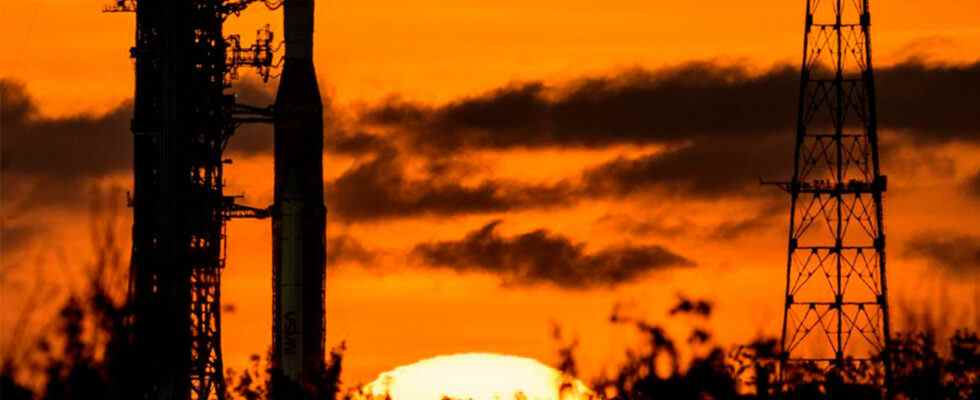NASA is preparing to send humans to the Moon again in the coming years. The Artemis I mission, the first leg of the space agency’s plans to go to the new Moon, has been postponed for a while due to the problems experienced. NASA has shared a new date for the long-awaited mission.
Artemis I mission begins November 14
NASA marked Monday, November 14, for the first launch from Kennedy Space Center in Florida. The first launch, which is expected to take place in the summer, has been delayed until November due to technical problems as well as Hurricane Ian.
SLS, which is the most powerful and largest rocket NASA has ever produced, can be launched from November 14, 19.07, if there are no problems. From this time on, it was stated that the SLS rocket had a 69-minute window to go into space.
The launch is expected to be quite spectacular, as the 98-meter-high rocket will generate approximately 4 million tons of thrust. NASA states that this power is 13 percent more than the Space Shuttle and 15 percent more than the Saturn 5 rocket powering the Moon missions 50 years ago.
If the Artemis I mission is successfully launched, the SLS rocket will launch the uncrewed Orion spacecraft towards the Moon. The Orion spacecraft is expected to crash into the Pacific Ocean on Friday, December 9, after 25 days of space travel.

Upon successful completion of the mission, Artemis II plans will be activated. This mission will be performed as an astronaut. After the Apollo mission in 1972, NASA plans to send humans to the Moon again. It is planned to send the first woman and black man to the Moon with the Artemis III mission.
We will enter a new space age with the Artemis missions. So what do you think about the Artemis missions? You can share your views with us in the comments section.
